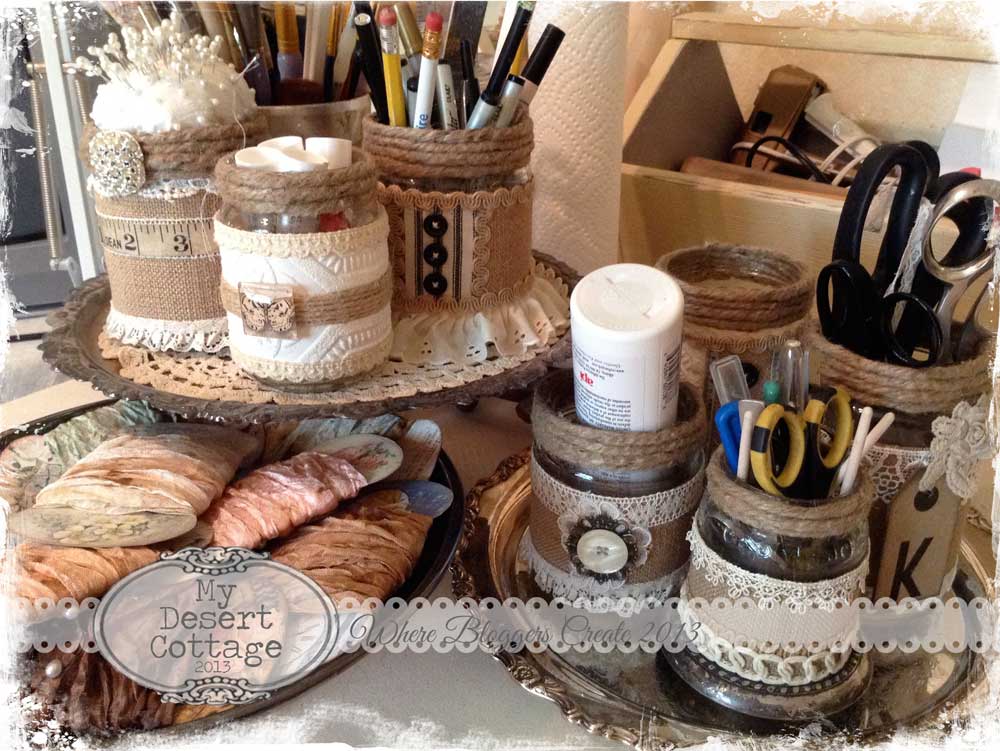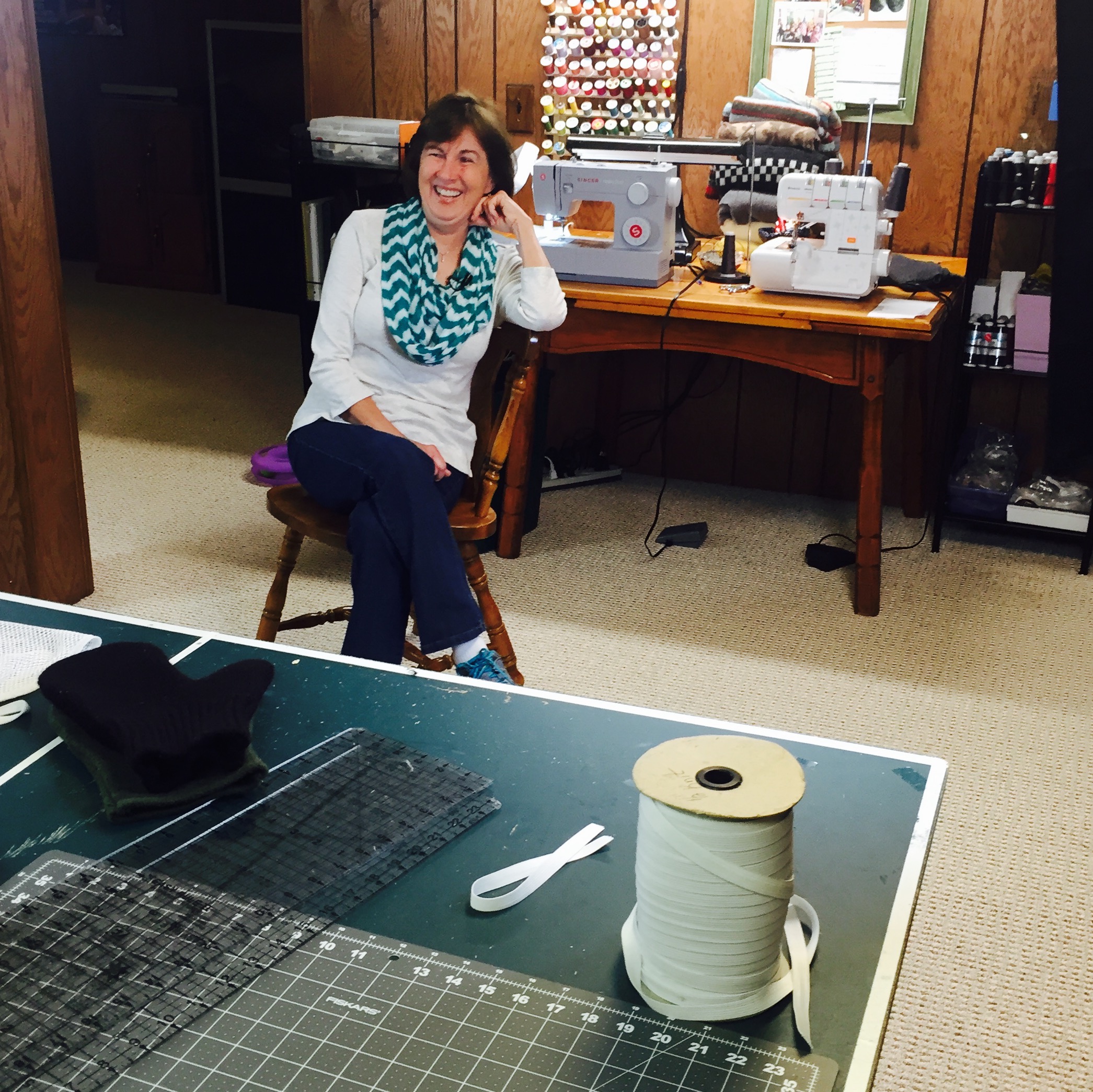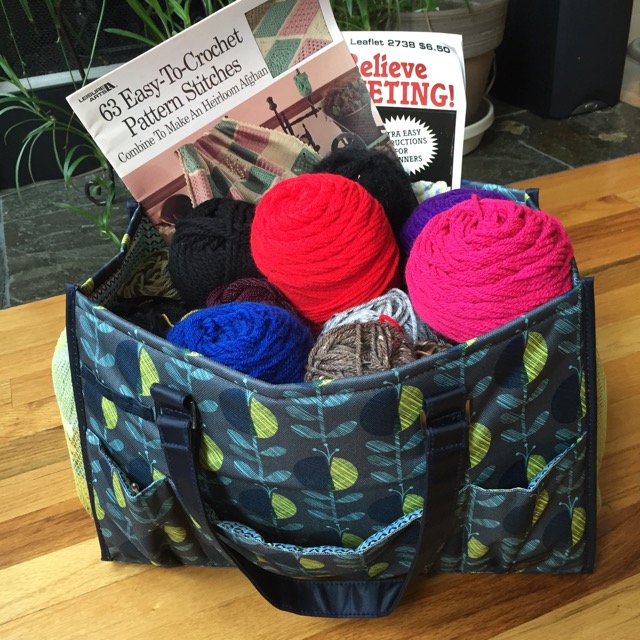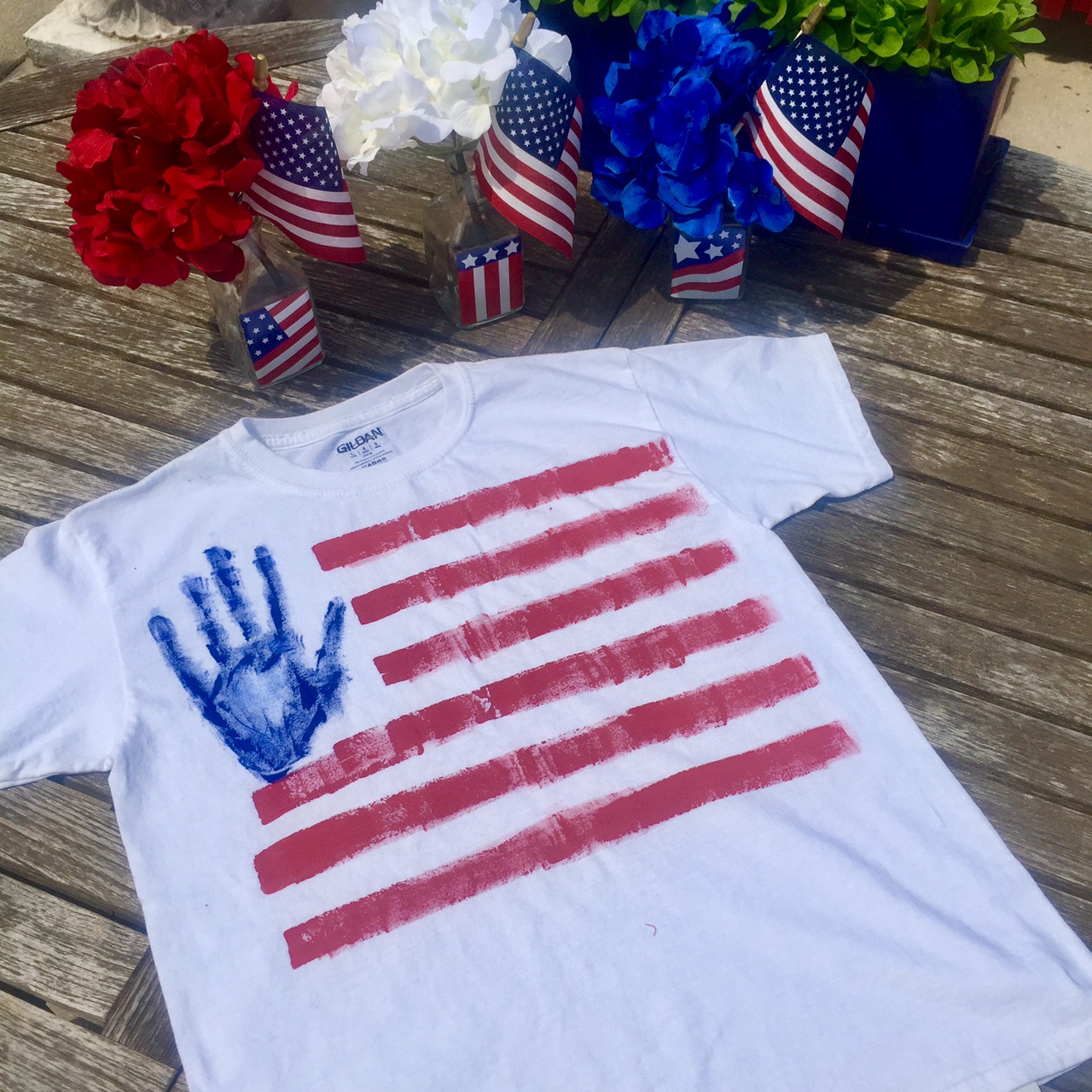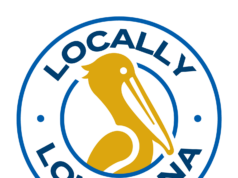Today more than ever, people are spending time enjoying a hobby. This do-it-yourself movement is sweeping the nation benefiting the economy and our well-being. The Association for Creative Industries (AFCI) reports that the U.S. Craft industry is a $36 billion business and an estimated 117 million households participated in a hobby last year.
Studies show that hobbies can help you feel more complete and happy. The National Institutes of Health say having hobbies may extend not only longevity, but also healthy life expectancy.
A hobby is a leisure activity or an interest that we do for pleasure, including things like sports or gardening, music, art, building or woodworking, sewing or needle work, collecting, and so much more.
According to Psychotherapist & Founder of Urban Balance, Joyce Marter, “Hobbies are a really important part of self-care and balance in our lives. Hobbies can help us have a creative outlet and reboot our brains so that we have refreshed view on our lives, our work, and our relationships.”
When looking to pick up a new hobby start by asking yourself these four questions;
- can I afford it financially,
- do I realistically have time for this hobby,
- will it provide value in my life and,
- will I enjoy it.
Then do the research, visit websites, find an interest group, take a class, and attend an event with a friend.
On the flip side, if you find yourself involved in too many hobbies, ask yourself why I am doing this and then pick the 2-3 hobbies you like best. Joyce Marter says it’s okay to let go of a hobby that you no longer have interest in. “You had good intentions, you can let them go and you can move on.”
But remember, the benefits of having a hobby outweigh having none, so the next time you are knee deep in your collection of stamps, knitting another over mitt, or cutting wood for a butcher’s block, enjoy the moment knowing you’re improving your overall health and wellness.
Check out our latest Craft Room Crash video:


